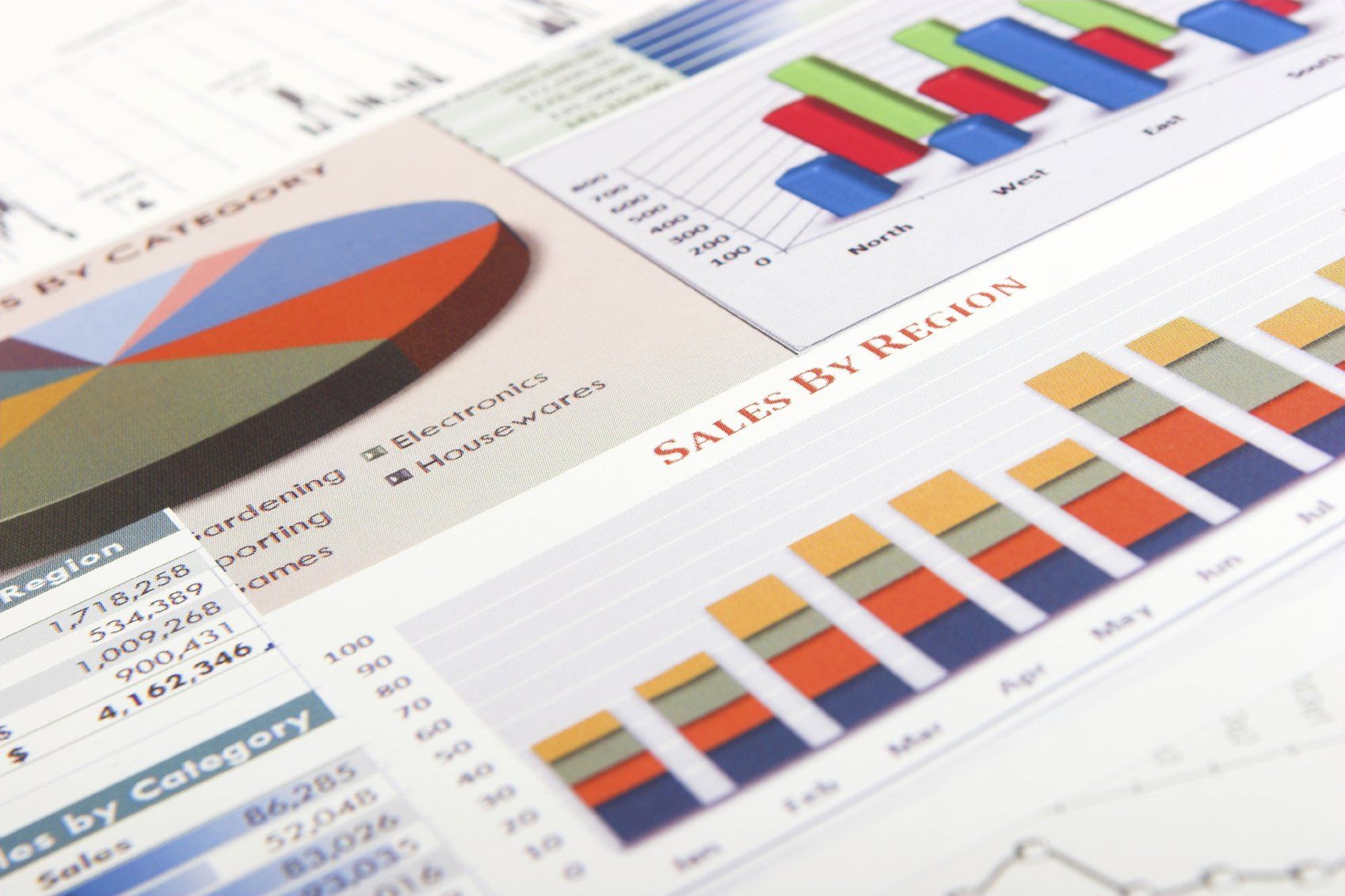Lonely this Christmas
The young rather than the old are most likely to be lonely this Christmas


A huge number of young people live with some degree of loneliness in their lives. Only 11% of 16-29 year olds say they have never felt lonely.
And it's worse for women. Women are much more likely than men to feel lonely - 29% v 18% across all age groups. ONS doesn't break down the stats by age and gender but logic suggests that younger women are more likely than younger men to feel lonely.
Why do so many young people feel lonely? The restrictions due to the pandemic are obviously at play here. If you've not been able to socialise you are bound to feel lonely. That said, surveys prior to the pandemic also pointed to higher levels of loneliness among young people. Part of this is related to where they are in the lifestage. Young people are more likely to have just left established networks to go to university or start a new job in a different town which can amplify the feeling of loneliness.
Some commentators point the finger at social media. Facebook, Instagram, Twitter, Snapchat and TikTok are great at connecting people from around the world and there is no doubt that they can be a force for good in helping combat loneliness. At the same time, social media can be toxic, especially for women and girls, and to be trolled online can have a profound impact on how lonely and isolated people feel.
The shallow nature of social media friendships can affect loneliness too. Psychologist Robert Weiss makes an interesting distinction between social loneliness and emotional loneliness. Social loneliness is a lack of contact with others while emotional loneliness is when your contacts do not provide support, affirm your identity or create a sense of belonging. This means that it's possible to be lonely even if you have lots of social media connections.
This leads to a wider point that being alone and being lonely are not the same things. You can be lonely while living with other people - such as a household full of relatives at Christmas - or live alone and not feel lonely.
For most people Christmas is a time of happiness. But for many others it can be incredibly lonely. The stereotypical image of the lonely older person can mask just how endemic loneliness is among the young.
#BeKind.










